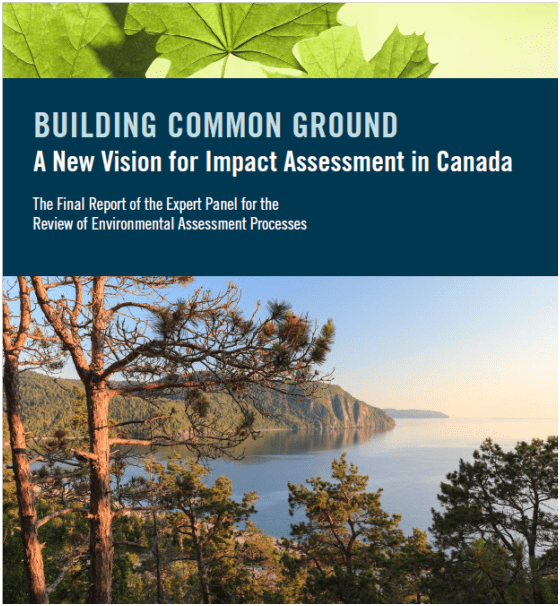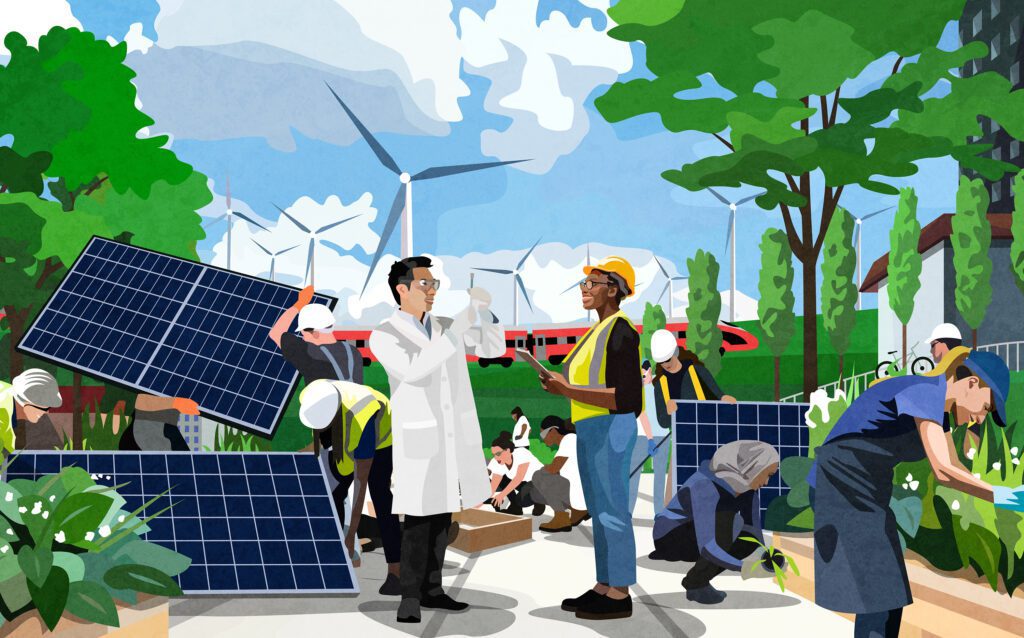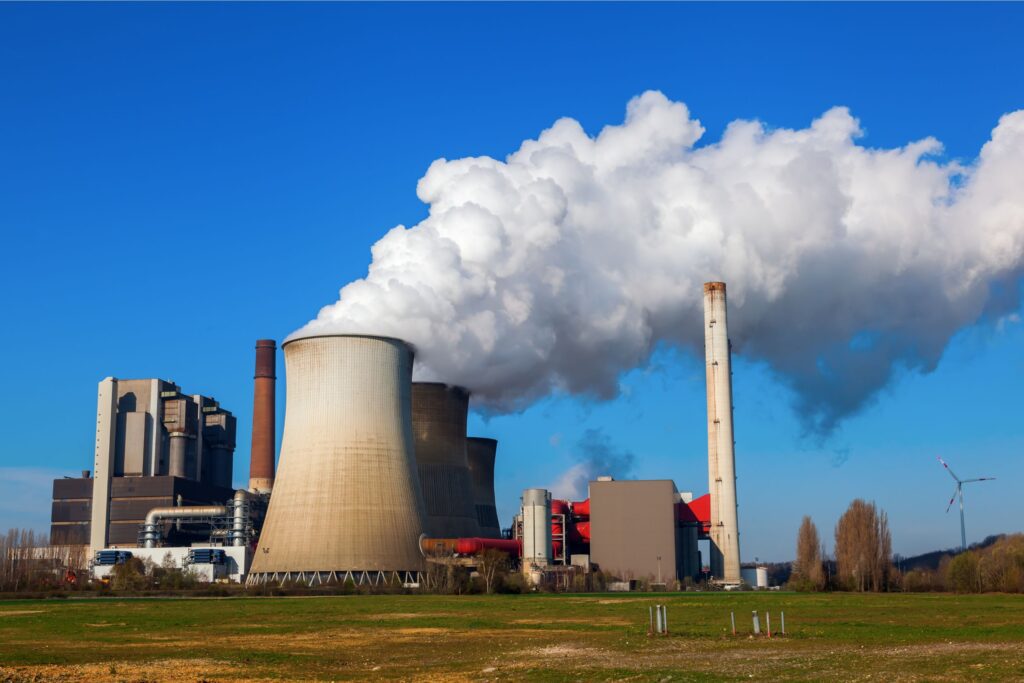Canadians deserve better. And it’s entirely possible for the federal government to deliver better.
That was a key conclusion of the Expert Panel that spent the last eight months reviewing Canada’s environmental laws, and particularly how projects such as mines, dams and pipelines get assessed.


Last week, the Expert Panel delivered its report to the Minister of the Environment and Climate Change, calling for a major shift in decision-making that will help protect Canadians and the environment. It also included a number of important recommendations in line with the ones Environmental Defence put forward. You can read the full Expert Panel report here.
Here’s a breakdown of the Expert Panel’s key recommendations:
- Change the name of project assessments from “environmental assessments” to “impact assessments” (IA), to encompass all impacts likely to result from a project—environmental, health, social, cultural and economic—not just those relating to the bio-physical environment.
- All assessment processes must be governed by four fundamental principles—they must be transparent, inclusive, informed and meaningful.
- Create a new, single authority for IAs—the Impact Assessment Commission—that would have the power to decide whether a project would make a positive contribution to Canada’s future well-being and be able to deny or approve a project’s application. Importantly, this would remove the authority of the National Energy Board to guide assessments of energy projects like pipelines, as the NEB lacks the necessary expertise and independence.
- The IA authority’s decisions should be subject to an appeal to federal Cabinet by any participant in the IA process. Elected officials must have the ability to have a final say on a project.
- Collaboration with all parties, such as industry, municipalities, provinces, Indigenous Peoples, non-governmental organizations and the public, at every stage of IA is fundamental to the success of the new framework.
- The consent of and collaboration with Indigenous groups should be fundamental to IAs, in line with the United Nations Declaration on the Rights of Indigenous Peoples. This would include the right to free, prior and informed consent for projects that affect traditional lands and puts Indigenous Peoples on par with other levels of government
- A regional IA should be required for projects that would have cumulative impacts on federal interests, such as species at risk, Indigenous Peoples, nuclear energy and greenhouse gas (GHG) emissions.
Importantly, the Expert Panel also recommends that IA “establish thresholds and targets for GHG emissions for a particular sector, industry or region and would ensure any new development aligns with Canada’s commitments.” This is a step in the right direction that aligns with our call for a “climate test” that would ensure all new energy projects—such as tar sands pipelines—fit within Canada’s climate commitments and Alberta’s cap on emissions from the tar sands, and make economic sense in a low-carbon world.
The Expert Panel report isn’t perfect. For example, it doesn’t recommend a participant’s ability to bring a legal challenge to an IA decision. It could also offer more incentives for provinces, municipalities and First Nations to cooperate more with the federal government on regional assessments that require information beyond federal authority. But the report demonstrates that the Panel heard Canadians loud and clear: our environmental laws are fundamentally broken and need to be brought into the 21st century.
Now it’s time for the federal government to turn the Panel’s recommendations into law. The government has launched a 30-day public comment period on the Expert Panel’s report and recommendations. Environmental Defence will be submitting our views on how the government can develop more robust, credible assessments. You can also share your views until May 5th at http://www.letstalkea.ca/.







